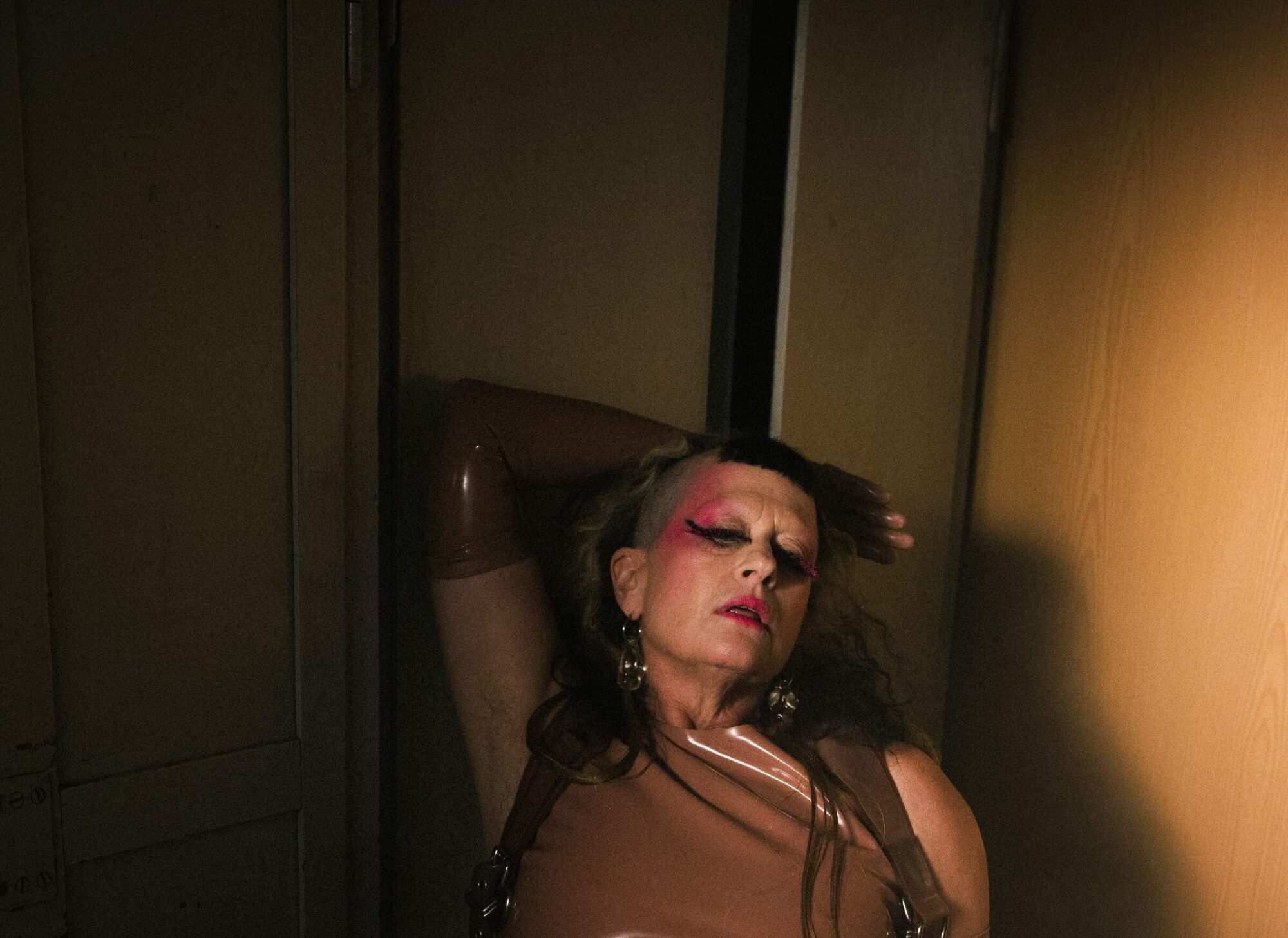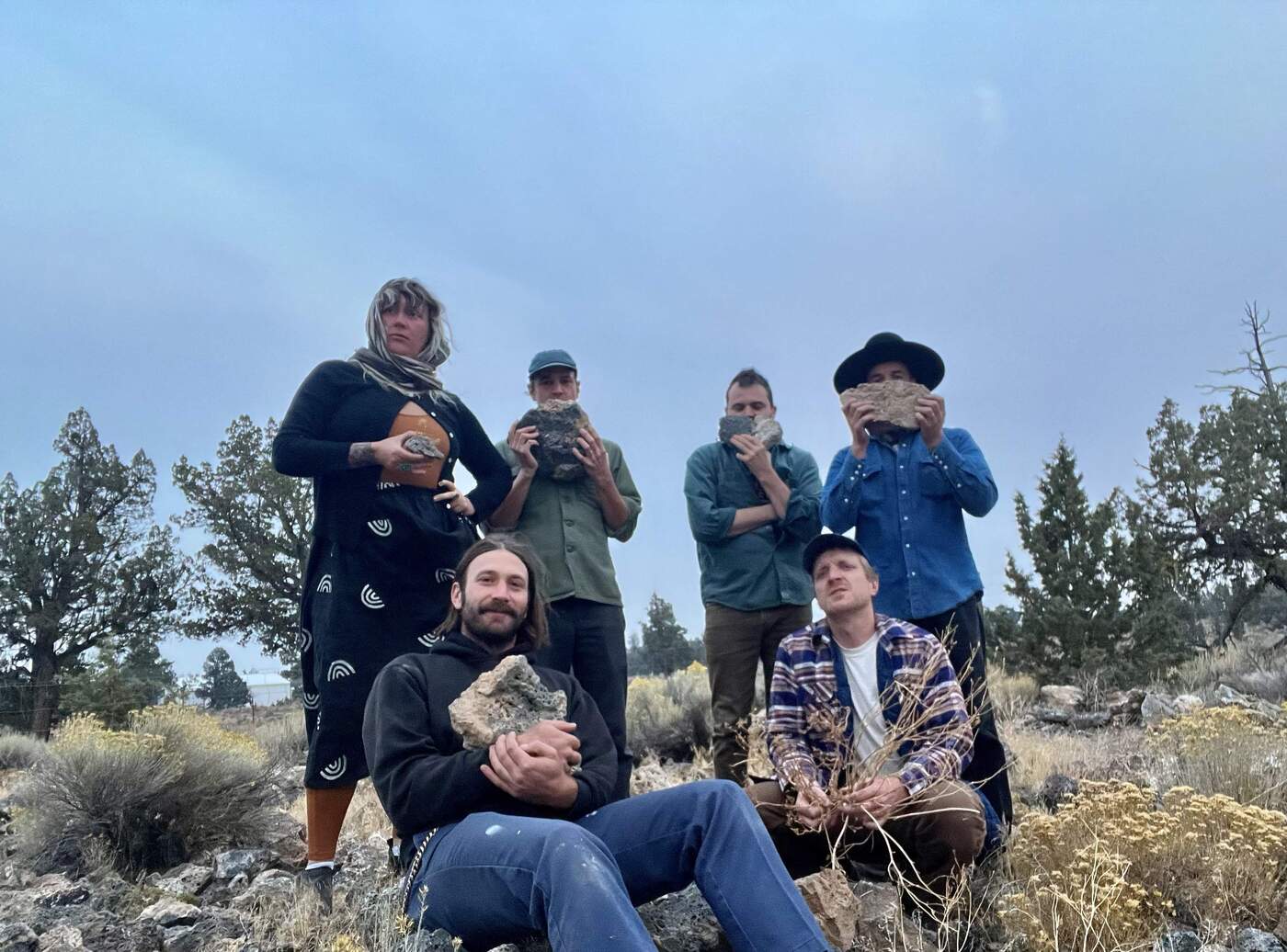Miaux | Interview | New Album, ‘Never Coming Back’
Miaux, the solo project of Mia Prce, has carved a unique niche with her haunting, minimalist compositions. Known for her atmospheric melodies, Miaux recently released ‘Never Coming Back,’ a reinterpretation of the cult horror film Carnival of Souls.
Using just a single synthesizer, she transforms the film’s eerie narrative into a deeply personal sonic experience. Her work often blurs the line between film scoring and standalone albums, creating a hypnotic space where desolation and hope coexist. Each track on the album reflects a specific moment from the film, capturing the emotional journey of protagonist Mary Henry with subtle yet powerful elegance. Miaux’s ability to convey complex emotions with minimalist tools sets her apart as a distinctive voice in the world of experimental music.
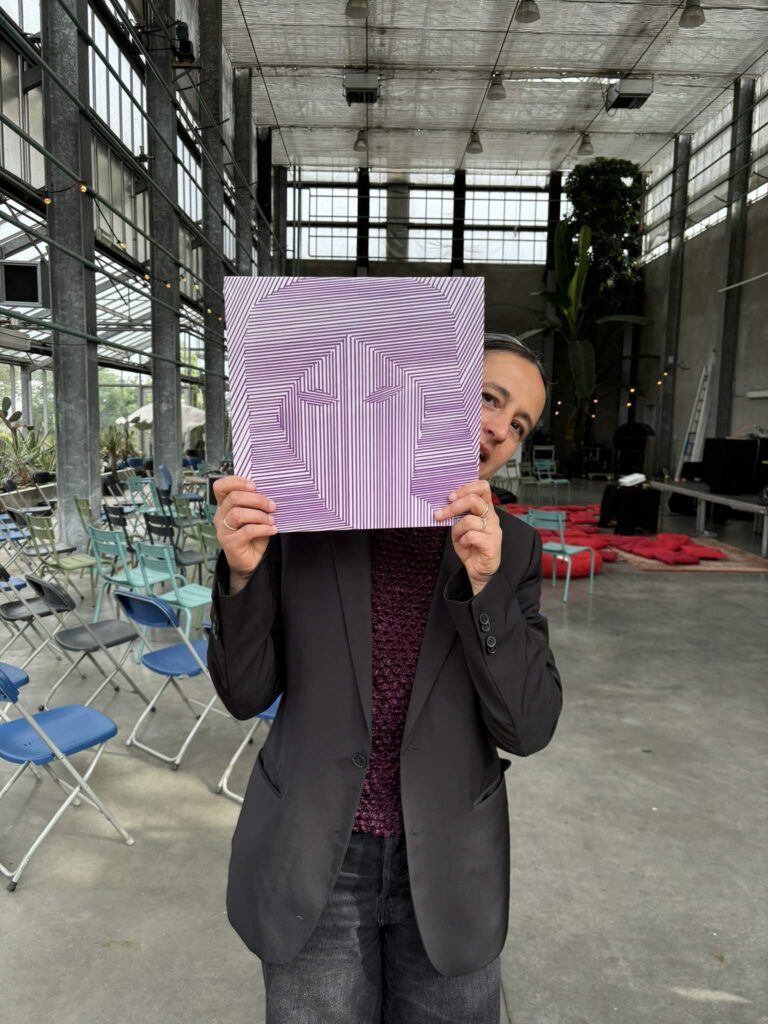
“I feel like the stretched-out melodies merged well with the atmosphere of the film”
Your album ‘Never Coming Back’ was born from your reinterpretation of the cult classic Carnival of Souls. Can you describe the moment or scene from the film that first sparked your creative vision for this project?
Mia Prce: Her visit to the abandoned fair was definitely inspiring, as it was the first moment where Mary looked completely relaxed. She was by herself, and there was no one around to bother or harass her. That’s when the first notes of ‘I have no desire for the close company of other people’ immediately fit. Eerie, but hopeful.
You composed the score using just one synthesizer in your home studio. How did the limitation of equipment shape the sonic landscape of the album, and did it influence your creative decisions?
I’ve made all my previous albums with only one synth in my home studio, so I don’t even know what I might be missing out on! Hah! In fact, this specific synth is relatively new and has many more possibilities than the first few I worked on.
The original film is known for its haunting and eerie atmosphere. How did you approach balancing the desolate, surreal nature of the film with your own musical style? What were the key elements you focused on to convey these themes through your compositions?
I feel like the stretched-out melodies merged well with the atmosphere of the film, as well as with my previous releases. It’s still very much a Miaux record/soundtrack while transforming the score into something that fits the internal world of Mary Henry. It fits the way she feels, instead of making the spectators scared when seeing the “ghosts.”
Could you elaborate on the process of transforming a film score into a standalone album? How did you decide which parts of the score would become full-fledged songs, and how did you structure the album to maintain a cohesive narrative?
For me, it’s all about the melody—it always has been. Every melodic (instead of noisy) composition naturally led into a song. All short compositions that came back in certain scenes became more elaborate until they were full-fledged songs. The moment she gets to the haunted fair is a theme, the moment she becomes invisible is a theme, the car in the river is a theme, etc. The way of playing the score live has also altered since I made the record—it’s become more structured.
Carnival of Souls has influenced directors like David Lynch and George A. Romero. How did these filmmakers’ works and their approach to surrealism and horror impact your creative direction for Never Coming Back?
I don’t think it had any impact on this project. ‘Never Coming Back’ was only affected by Herk Harvey’s visual language, Candace Hilligoss’s acting, and her verbal and nonverbal communication with others.
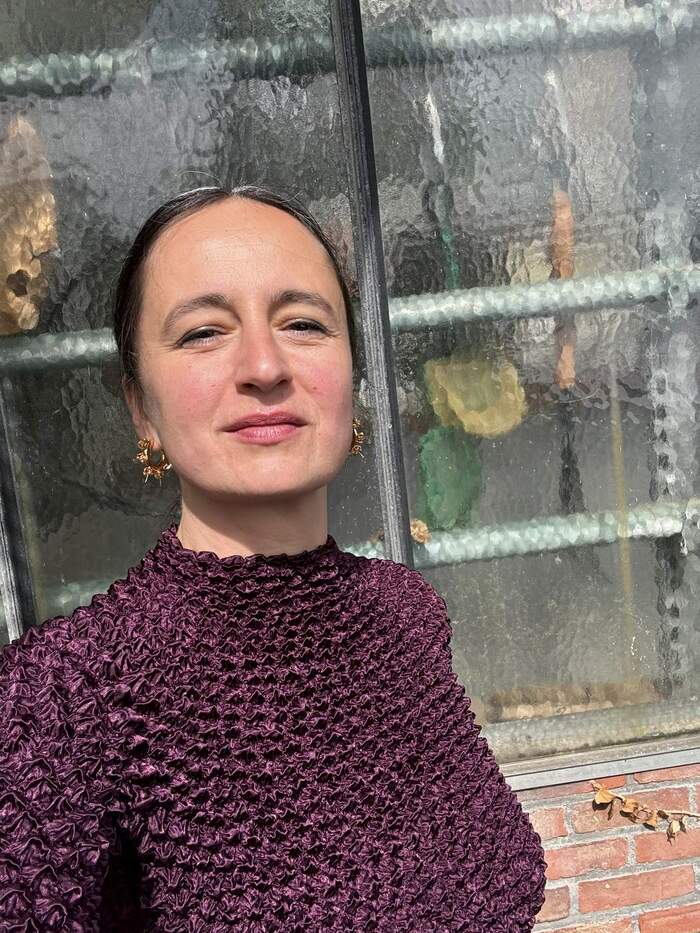
The track titles of your album are intriguing and seem to connect closely with the film’s narrative. Can you talk about how you chose these titles and how they reflect the emotions and themes you wanted to convey?
Every track is connected to one or more scenes in the film, depending on what Mary is experiencing. The first track, ‘Too much current, too much sand,’ is the opening of the movie, when the car seems to have disappeared, and the rescue team concludes that they will never find them because there’s too much current and too much sand in the river. At that moment, Mary starts crawling out of the river. I feel like that title can also work without seeing the film—it’s a bit abstract, but rivers are unpredictable, and the current always holds some danger.
‘Put your soul into it a little, OK?’ is Mary’s moment at the organ, where she seems the happiest—where she’s in control and respected. Yet, the annoying minister of the church comes by to both compliment her music and give his unwanted advice on how she should put her soul into her music. Mary ends this conversation by saying, ‘Thank you, but I’m never coming back.’ That song is also linked to the horny neighbor who creeps me out. Mary really doesn’t like him but is afraid of being alone at night. The way she says that phrase is great. So elegant and self-assured. It’s both final and endless at the same time.
‘The old pavilion near the lake’ refers to the scene when Mary gets completely wild at the church organ, forgetting where she is and losing herself in visions of the pavilion coming alive. It gets even better when she’s stopped by another arrogant minister calling her music “profane!” It is closely intertwined with that specific pavilion, but one can also easily imagine some desolate lake with an abandoned pavilion.
In ‘What’s the matter with everyone, why don’t they answer me,’ Mary seems to have turned invisible for a short period. No one sees or hears her. She feels confused and frustrated, and the melody translates this unheimlich kind of feeling.
‘I have no desire for the close company of other people’ is the most hopeful song of the album. This small sentence feels very universal, and it feels like it’s an important facet of Mary’s life, but she doesn’t get any respect for this. So beautiful yet so misunderstood. In the end, she dissolves into the world of ghosts. She runs away from it—as it must be scary at first sight—but at the same time, it’s the catharsis of the film. It was the first time I felt relieved for her. This last song emphasizes that feeling. It also reflects this universal feeling of having enough of everyone around you, no? Well, I can relate to it.
In your interpretation of Carnival of Souls, you mentioned feeling a connection with the protagonist Mary Henry’s journey. How did you translate those emotions into your music, particularly in tracks like Thank you, but I’m never coming back and What’s the matter with everyone, why don’t they answer me?
As written above, it’s this feeling of emptiness when being around people, and the relief of being able to take distance, both physically and mentally.
You premiered your renewed score with the film at Videodroom / Film Fest Gent 2022. How did this live performance experience influence the final album version, if at all? Were there any audience reactions or moments during the performance that stood out to you?
There’s a mix of people who have never seen the film and share their positive reaction, which is nice, of course. But then, there were also a few people who were big fans of the original score and were almost afraid to see the film with the new score. Luckily, those spectators also embraced my take on it. None of the reactions had an impact on the live performances nor the recordings.
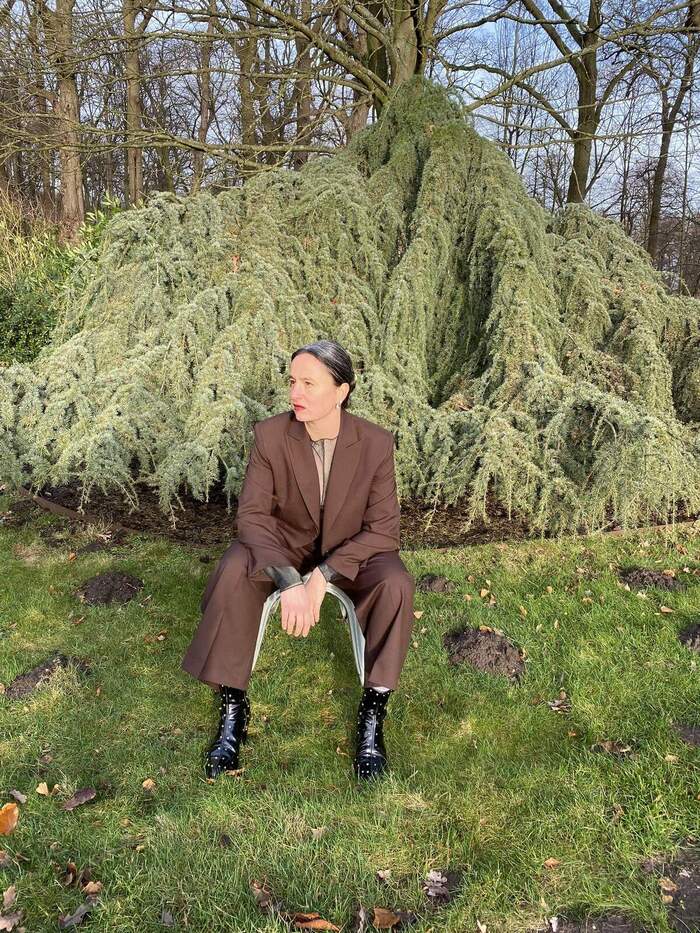
What currently occupies your life?
At this exact moment, I’m on the island of Hvar in Croatia with my partner Vincent and our two children, Frida and Lee. Apart from meeting up with friends or family here and there, every day is exactly the same: swimming all day in one of the Adriatic lagunas and taking a long walk when the sun sets, and the temperature falls (a tiny bit).
I’m very much looking forward to some next performances—both with and without the film. I’m also looking forward to starting some new compositions and doing some more DJ sets and mixes.
Klemen Breznikar
Miaux Facebook / Instagram / Bandcamp
Viernulvier Records Official Website / Facebook / Instagram / Twitter



